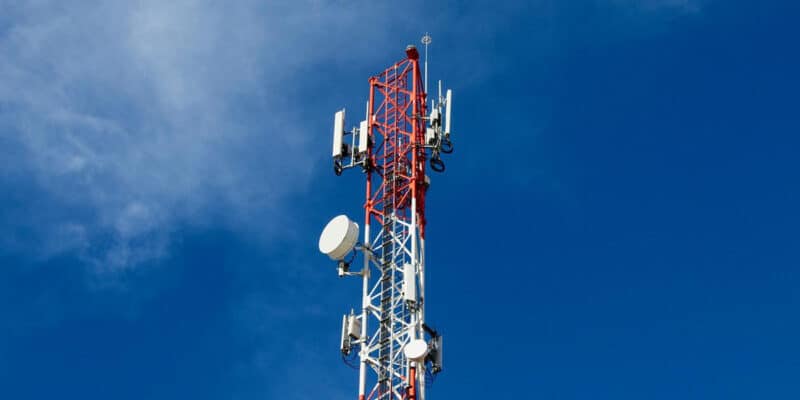Lok Sabha on late Wednesday cleared the Telecommunication Bill, 2023 which was tabled a day before yesterday by Union IT Minister Ashwini Vaishnav.
Describing the bill as historic, Vaishnav said the new law joins the efforts to erase laws that represented a “colonial mindset.” It is worth noting that the bill replaces archaic telecom law namely Indian Telegraph Act 1885.
“In the last nine and a half years or so, there has been a big change in the lives of people through the Digital India campaign… when Narendra Modi became the prime minister of the country in 2014, there were around 6 lakh telecom towers… today, this number has increased to more than 25 lakh… while there were only 1.5 crore broadband users in 2014, today this has grown to more than 85 crore…,” he said [loosely translated from his address in Hindi].
He also pointed out that India saw the fastest roll-out of 5G with more than 4 lakh 5G towers being installed in 14 months. “The telecom sector has emerged as a sunrise sector which will further help the economy,” he added.
Responding to concerns about privacy, Vaishnav said the new bill brings a big reform around user protection. He highlighted that the bill extensively focuses on ensuring new SIM connections aren’t acquired fraudulently. “There are stringent punishments for acts of fraudulent SIM connections and impersonations such as up to three years of imprisonment and up to Rs 50 lakh fine,” he highlighted.
On the issue of interception, the minister clarified the bill has the same provisions that were being followed after the PUCL judgment in 1996.
That said, the long-awaited Telecommunication Bill, 2023 aims to amend and consolidate laws relating to the development, expansion, and operation of telecommunication services and telecommunications network assignment of spectrum and more.
Through the bill, the government has also set a definition for the telecommunication which it refers to “…transmission, emission or reception of any messages, by wire, radio, optical or other electro-magnetic systems, whether or not such messages have been subjected to rearrangement, computation or other processes by any means in the course of their transmission, emission or reception.”
Here messages mean “any sign, signal, writing, text, image, sound, video, data stream, intelligence or information sent through telecommunication.
The new telecom bill brings a host of drastic changes for the industry. One of the focus areas is national security.
For instance, the government can take temporary possession of any telecommunication service or telecommunication network from an authorized entity in the case of any public emergency, including disaster management. Or, it can provide for an appropriate mechanism to ensure that messages of a user or group of users authorized for response and recovery during a public emergency are routed on priority. Similarly, it calls for procurement of telecommunication equipment and telecommunication services only from trusted sources.
The new telecom bill has received a mixed response so far. The industry body Internet and Mobile Association of India (IAMAI) hailed Bill as progressive especially since internet companies have been decisively kept out of the ambit of the final version of the Bill.
“The time-tested distinction between telecom spectrum controlling entities (which are regulated) and spectrum using companies should be maintained as it has been the basis that has allowed innovation and deeper penetration of the internet in India. Further, IAMAI had recommended that ‘broadcasting services’ should be explicitly exempted from the purview of the Draft Bill and from the definition of ‘telecommunication services’, particularly in respect of content. The Bill introduced in the Lok Sabha now excludes email, internet-based communication services, broadcasting services, machine to machine communication services and over-the-top (OTT) communication services, as suggested by IAMAI,” the body said in a statement.
The Internet Freedom Foundation (IFF), however, has criticized the new bill saying “repackaged version of the colonial past, the Bill tends to retain draconian surveillance & internet suspension powers.”
“Historically, laws governing telecom services are (mis)used to surveil devices & carry out internet suspensions. Simply replicating provisions from the 1885 law, the Telecom Bill of 2023 may also expand surveillance & suspension powers to online communication services, posing threats to user rights & democratic freedoms,” it said in a series of tweets on X.














